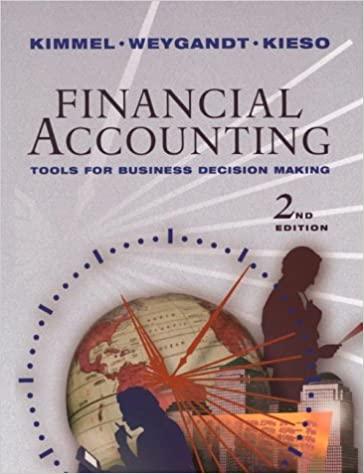As noted in the chapter, banks charge fees of up to $30 for bounced checks that is,
Question:
As noted in the chapter, banks charge fees of up to $30 for “bounced” checks—
that is, checks that exceed the balance in the account. It has been estimated that processing bounced checks costs a bank roughly $1.50 per check. Thus, the profit margin on bounced checks is very high. Recognizing this, some banks have started to process checks from largest to smallest. By doing this, they maximize the number of checks that bounce if a customer overdraws an account. For example, NationsBank projected a $14 million increase in fee revenue as a result of processing largest checks first. In response to criticism, banks have responded that their customers prefer to have large checks processed first, because those tend to be the most important. At the other extreme, some banks will cover their customers’ bounced checks, effectively extending them an interestfree loan while their account is overdrawn.
Instructions Answer each of the following questions.
(a) Antonio Freeman had a balance of $1,500 in his checking account at First National Bank on a day when the bank received the following five checks for processing against his account.

Assuming a $30 fee assessed by the bank for each bounced check, how much fee revenue would the bank generate if it processed checks (1) from largest to smallest, (2) from smallest to largest, and (3) in order of check number?
(b) Do you think that processing checks from largest to smallest is an ethical business practice?
(c) In addition to ethical issues, what other issues must a bank consider in deciding whether to process checks from largest to smallest?
(d) If you were managing a bank, what policy would you adopt on bounced checks?
Step by Step Answer:

Financial Accounting Tools For Business Decision Making
ISBN: 9780471347743
2nd Edition
Authors: Paul D. Kimmel, Jerry J. Weygandt, Donald E. Kieso





